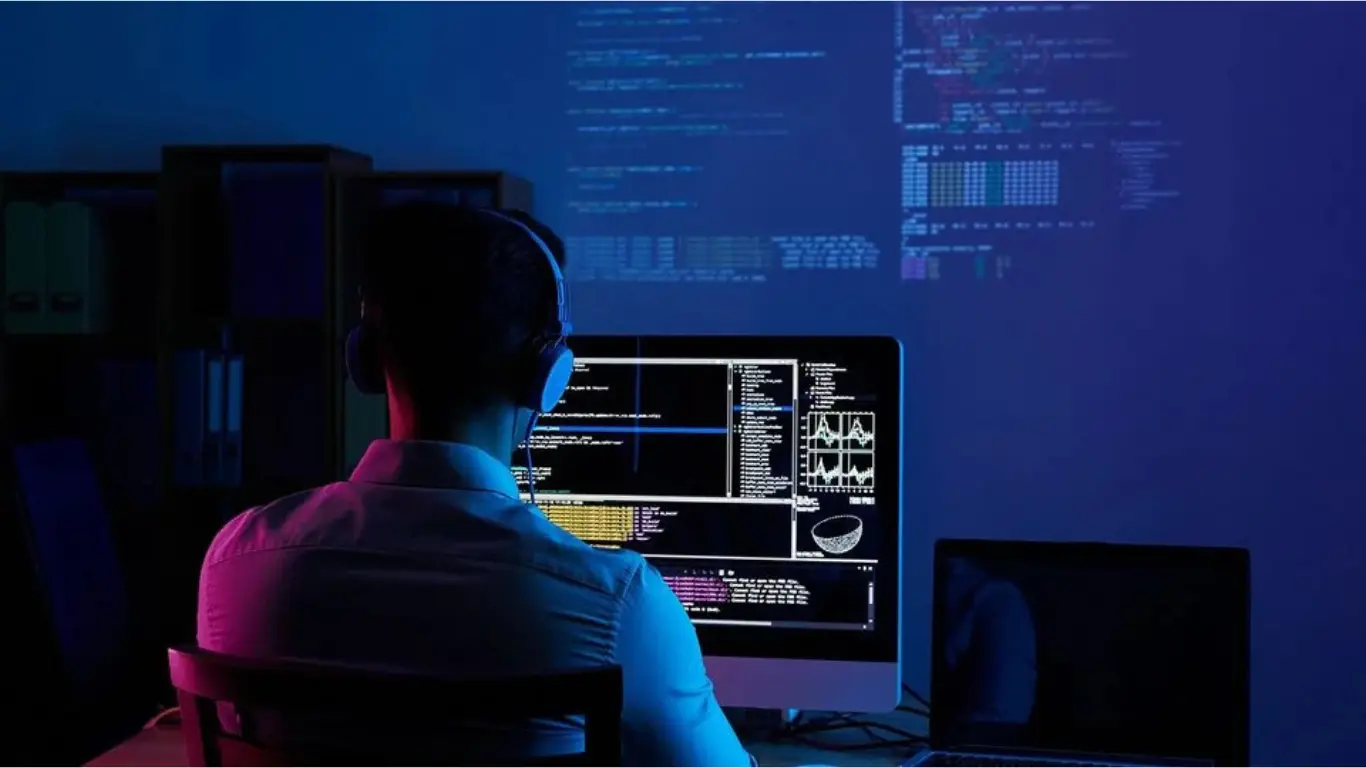The Unspoken Rules of Coding for Both Novice and Sage Developers
Coding is more than just writing lines of code. It’s about understanding the best practices and rules that make development efficient, clean, and readable. Whether you are a beginner or an experienced developer, following the unspoken rules of coding for both novice and sage developers can make a big difference. Here are some of the most important ones to know.
1. Write Readable Code
Writing code that’s easy to read is important for everyone. Even the best code can be hard to work with if it’s not clear.
For beginners, make sure your variables and functions have clear names. Don’t use short names like “a” or “x”. Instead, choose names that describe what the variable does.
For experienced developers, it’s tempting to use complex techniques. But always remember, your code should be easy for others (or even you later) to understand. Use meaningful names and add comments when needed
2. Comment Your Code
Comments are not just for beginners. Everyone needs them.
For beginners, comments help explain what the code does, especially in complicated sections. Use them generously in the beginning.
For advanced developers, comments should explain why certain decisions were made. Avoid writing comments that state the obvious. Instead, provide insight into why you used a particular method or approach.
3. Keep It DRY (Don’t Repeat Yourself)
Repetitive code is a common mistake. Writing the same thing over and over can lead to bugs and more work later.
For beginners, focus on reusing functions or methods instead of copying and pasting. This will help reduce errors and make your code easier to maintain.
For experienced developers, make sure to create reusable components or libraries. If you find yourself writing the same code in different parts of your project, it’s time to refactor.
4. Use Version Control
Version control is one of the best ways to keep track of your work. It helps manage changes and backups.
For beginners, start using a version control system like Git as soon as possible. This allows you to track changes and fix mistakes without losing any progress.
For experienced developers, make sure to commit often and write clear commit messages. Good commit messages will save you time and confusion when looking back.
5. Write Tests
Writing tests is important to ensure that your code works as expected.
For beginners, writing tests can seem like a burden, but it saves a lot of time in the long run. Start small by writing unit tests for your functions.
For advanced developers, writing tests should be part of your daily process. Focus on creating automated tests and run them regularly. This will help catch bugs early and make future changes safer.
6. Don’t Fear Refactoring
Refactoring is the process of improving the structure of your code without changing its functionality.
For beginners, don’t be afraid to refactor your code if you think there’s a better way to do something. Refactoring helps improve readability and performance.
For experienced developers, you should always be looking for ways to make your code cleaner and faster. If something can be optimized or simplified, refactor it.
7. Follow Consistent Coding Style
Consistency is key to writing good code.
For beginners, follow a consistent naming convention and indentation style. Stick to one style guide, like the one provided for your language or framework.
For advanced developers, make sure your whole team follows the same style guide. Consistency is essential when working on large projects with multiple developers.
8. Avoid Hardcoding Values
Hardcoding means putting values directly into your code, like URLs or passwords. This can cause problems if those values change.
For beginners, don’t put values like URLs or passwords directly in your code. Use config files or environment variables instead.
For experienced developers, store sensitive data in the right places like environment variables. This keeps your code safe and flexible.
9. Handle Errors Gracefully
Error handling is important. It stops your program from crashing and helps users have a better experience.
For beginners, learn how to catch and handle errors in your programming language. Handling errors well is one of the unspoken rules of coding for both novice and sage developers.
For advanced developers, write clear error messages. Think about all possible issues and handle them carefully. This makes your code stronger, which is key in the unspoken rules of coding for both novice and sage developers.
10. Keep Learning
No matter how experienced you are, there’s always something new to learn in the world of coding. This is part of the unspoken rules of coding for both novice and sage developers: continuous learning.
For beginners, always keep exploring. Don’t hesitate to ask for help or look for tutorials. The more you learn, the better you will become by understanding the best practices and the unspoken rules of coding for both novice and sage developers.
For advanced developers, keep up with new trends and best practices. Attend conferences, read blogs, and explore new languages or frameworks. Embrace the idea that the unspoken rules of coding for both novice and sage developers evolve, and staying current is crucial.
Conclusion
The Unspoken Rules of Coding for Both Novice and Sage Developers revolve around writing clean, readable, and efficient code. Following these guidelines will make you a better developer and help your team or project succeed. Keep practicing, and remember that good coding habits make a huge difference in the long run.
5 Commonly Asked Questions
What’s the most important coding rule for beginners?
The most important rule is to write readable and understandable code. It’s better to take extra time and make sure someone else can understand it. This is one of the key aspects of the unspoken rules of coding for both novice and sage developers.
Why should I comment my code?
Commenting your code helps others (and your future self) understand your decisions and logic. It makes your code easier to maintain.
What does DRY stand for in coding?
DRY stands for “Don’t Repeat Yourself”. It encourages you to reuse code and avoid writing the same thing more than once. Embracing DRY is one of the unspoken rules of coding for both novice and sage developers.
Why should I use version control?
Version control helps you track changes, collaborate with others, and keep backups of your work. It is one of the essential unspoken rules of coding for both novice and sage developers.
How often should I refactor my code?
You should refactor your code whenever you find ways to improve its readability, performance, or structure. This is a vital part of the unspoken rules of coding for both novice and sage developers that helps keep code clean and efficient.







